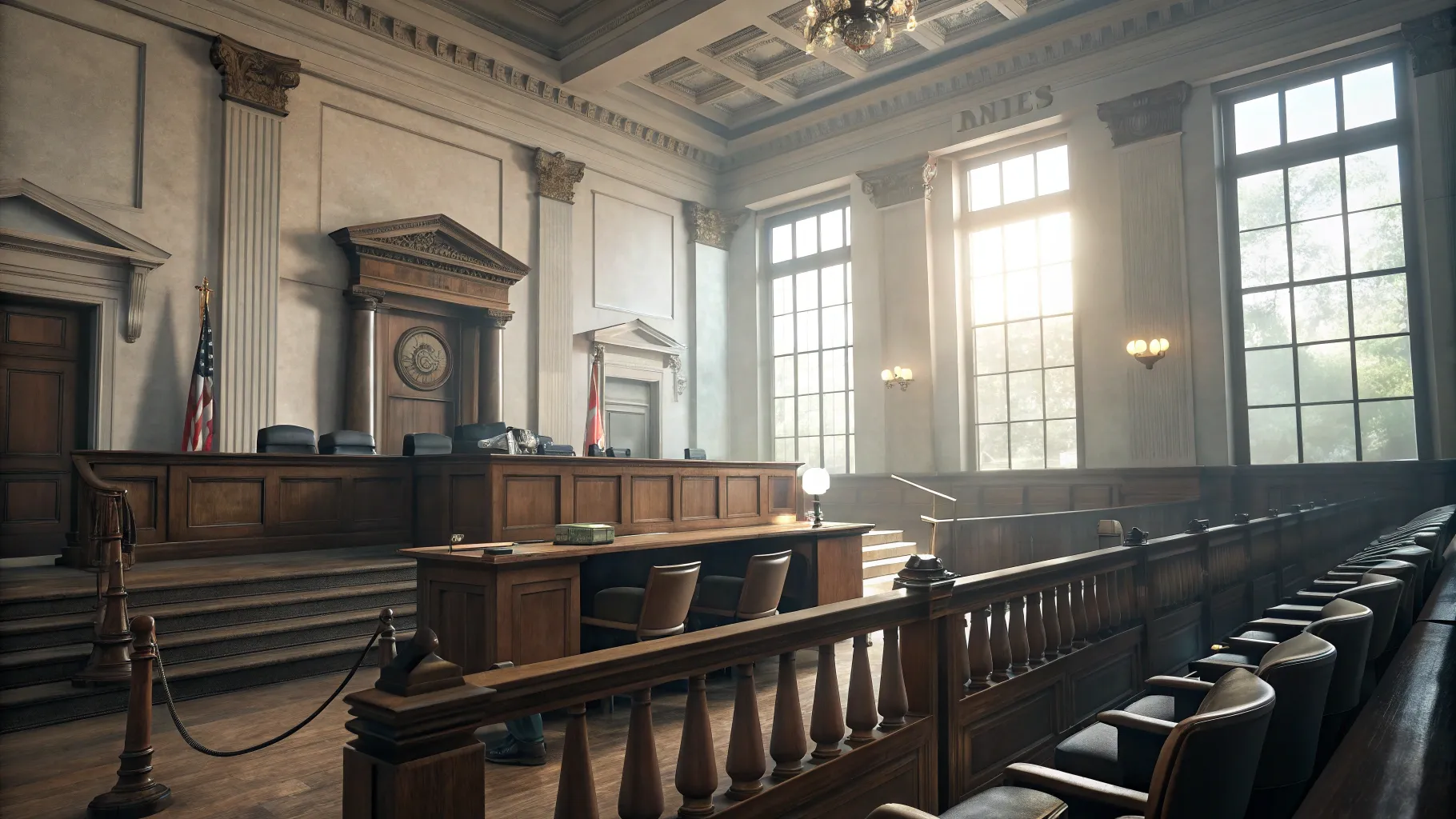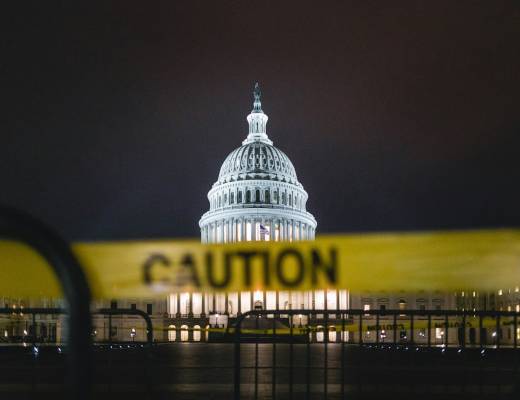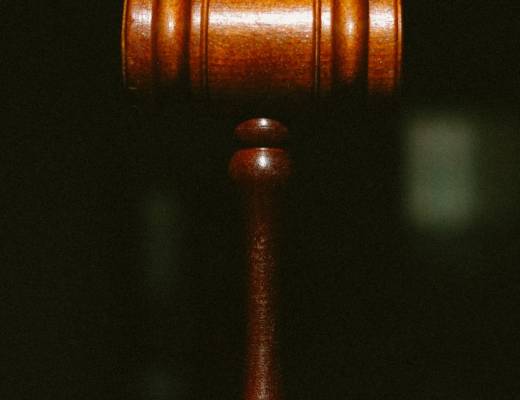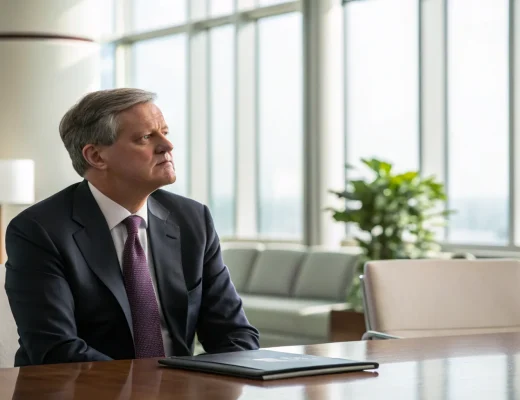Former Harvard Law professor Alan Dershowitz failed to revive his
defamation lawsuit against CNN, when a court upheld the previous dismissal of his case. The lawsuit stemmed from CNN’s coverage of comments Dershowitz made during former President Donald Trump’s impeachment trial in 2020.
Dershowitz, who served on Trump’s legal team during the Senate impeachment proceedings, had claimed that CNN misrepresented his arguments and damaged his reputation through its reporting. The ruling marks another setback for the prominent legal scholar who has been involved in several high-profile cases throughout his career.
Background of the Legal Dispute
The case originated from Dershowitz’s statements on the Senate floor during Trump’s first impeachment trial. Dershowitz had argued about the nature of presidential actions and when they might justify impeachment. He later contended that CNN’s coverage took his remarks out of context and portrayed him in a false light.
The original lawsuit was dismissed by a lower court, prompting Dershowitz to appeal the decision. Friday’s ruling upholds that initial dismissal, effectively ending this legal challenge unless Dershowitz pursues further appeals to higher courts.
Legal Arguments and Court Decision
In his lawsuit, Dershowitz had argued that CNN selectively edited his statements from the impeachment trial to make it appear he was making a more extreme argument than he actually presented. The legal scholar claimed this editing constituted defamation and harmed his professional standing.
The court, however,
maintained the position that CNN’s coverage fell within the bounds of protected speech and journalistic practice. Media law experts note that defamation cases against news organizations face significant legal hurdles, particularly when involving public figures like Dershowitz.
To win a
defamation case, public figures must prove not only that statements were false but also that they were made with “actual malice” – meaning the publisher knew the information was false or showed reckless disregard for the truth.
Implications for Media Law
This case highlights ongoing tensions between public figures and media organizations over coverage of political events. The ruling reinforces legal protections for news outlets reporting on matters of public interest, even when the subjects of coverage dispute those reports.
Media law experts point to several key factors that influenced the outcome:
- The high legal standard for defamation claims by public figures
- Constitutional protections for press coverage of political proceedings
- Courts’ traditional reluctance to intervene in editorial decisions
The case adds to the growing body of
legal precedent regarding media coverage of political figures and events in an increasingly polarized information environment.
Dershowitz’s Legal Career
Alan Dershowitz, 83, retired from Harvard Law School in 2013 after nearly five decades of teaching. Throughout his career, he has been involved in numerous high-profile cases, representing clients including O.J. Simpson, Jeffrey Epstein, and Donald Trump.
Known for his strong defense of civil liberties, Dershowitz has often taken controversial positions that have put him at odds with various groups across the political spectrum. His representation of
Trump during the impeachment proceedings drew both praise and criticism from legal observers.
Neither CNN nor Dershowitz immediately issued public statements regarding Friday’s court decision. It remains unclear whether Dershowitz plans to pursue additional legal options to
challenge the ruling.
The case underscores the complex relationship between public figures, the media, and the courts in determining the boundaries of protected speech and reputation in American public discourse.







